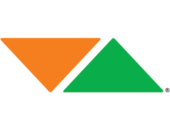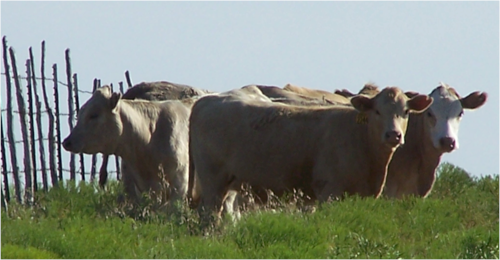Zinc is still looked on as one of the more important trace minerals in livestock nutrition. It is involved not only in development of the immune system, but also sexual maturity and reproductive capacity. Zinc is also involved in the growth of hair, skin cells, hoof health, and antler development.
One of the better topics of discussion around zinc supplementation is the comparative value of the different sources of zinc that can be fed. Some research by J. Cao and associates at the University of Florida, Gainesville, and Texas Tech University have compared the absorptive values of the inorganic form zinc sulfate and the organic sources zinc amino acid complexes and zinc proteinates.
Looking at zinc accumulation in the liver, kidneys, and pancreas, the researchers rated the different sources of zinc as follows:
Comparative Zinc Absorption:
| Zinc Sulfate | 100 |
| Zinc Proteinates | 130 |
| Zinc Amino Acid | 111 |
| Zinc Methionine | 112 |
While the organic sources are definitely absorbed at a higher rate than the sulfate form, the cost of the organics versus the sulfates makes the choice more cloudy. The organic sources can cost around $0.033 per gram of zinc while the sulfate form costs around $0.003 per gram of zinc. Even with the lower absorption level of the zinc sulfate, you can feed 30% to 50% more of the sulfate form and get the same total amount of zinc in the tissues.
However, because the organic zinc sources are absorbed in a different manner than zinc sulfate (it has to do with being absorbed with the amino acid instead of an ion exchange with the sulfate form), if you are looking for specific results, such as foot rot, immune system response, or antler growth, a combination of the inorganic and organic sources will probably get more total zinc into the body than just one source.
Let me try to clarify the last two statements that seem to oppose each other. If you are just trying to get more zinc into your livestock, then a higher amount of zinc sulfate will do it more economically than using a zinc amino acid complex, or zinc proteinate. However, if you have a specific target function that the organic sources of zinc have proven to benefit, then a combination of sources would be best.
In a study by K. J. Malcolm-Callis and associates at the Clayton Livestock Research Center of New Mexico State University concerning the aspect of feeding zinc in feedlot situations, the source of zinc doesn’t seem to affect animal performance. Steers used in the study gained the same regardless of whether they received zinc sulfate or a zinc amino acid complex.
However, an interesting note is that feeding a 100 ppm level of zinc in the diet did increase the subcutaneous backfat thickness and the kidney, pelvic, and heart fat level. The significance of this to me is that with pasture livestock that need extra fat on their body to help make it through the winter, this could be something that needs to be followed up on.
Livestock can metabolize fat for an energy source in times of energy deficiency. If keeping a high zinc level in their diet prior to winter will help them to place more fat on their body, you could see the results in better conception rates and milk production.
Another study done by H. M. Arelovich and associates at Oklahoma State University found that feeding high levels of zinc mineral with a urea based supplement, delayed the breakdown of urea in the rumen and allowed more of it to be utilized by the rumen microorganisms. Normally, urea is broken down very rapidly in the rumen and the microorganisms either use it quickly, or it escapes into the bloodstream and is excreted through the urine. By slowing down the availability of the urea, your livestock could get more benefit from your supplement.
In this same study, feeding a very high level of zinc (470 ppm) resulted in a decrease in the digestibility of fiber in the rumen. As with all minerals, too much can lead to problems with other nutrients.
Zinc is one of the important parts of your mineral supplementation program. Make sure your mineral supplements provide what your animals need and don’t let deficiencies slow down your productivity.
Interested in our mineral products? Click here.
Learn more about minerals in Hi-Pro Feeds here.


